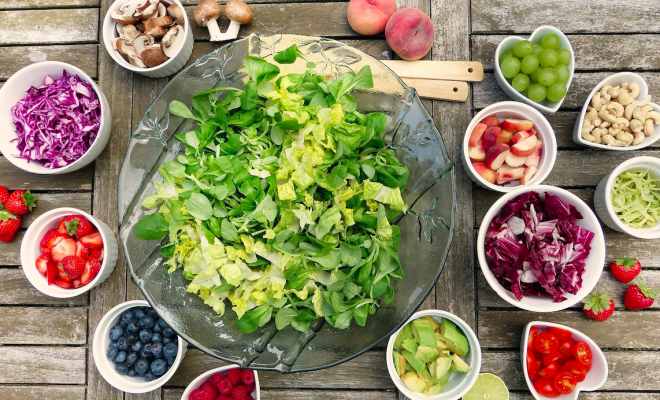
Lifestyle
How To Improve Your Mood with Clean Eating
Your brain is working 24/7 which means it needs a fuel supply in order to stay on track and function. The food you consume affects how your brain functions, so shouldn’t you pay attention to what you put in your body? Processed foods often lack the proper nutrition to feed your body and most importantly, your brain, causing an effect on your mental health.
In the Harvard Health, Nutritional psychiatry: Your brain on food, Eva Selhub, MD states, “Nutritional Psychiatry is relatively new, however, there are observational data regarding the association between diet quality and mental health across countries, cultures and age groups.”
Sticking to a traditional diet of vegetables, fruits, unprocessed grains, and seafood can help boost your serotonin levels and supply your body with the right probiotics and nutrients. You will be amazed at how much energy you have after just one week of clean eating. Clean eating simply means to have a diet without processed foods or sugars, although this doesn’t mean you can’t be lenient with yourself once in a while. Having a clean diet can make the things like waking up early and sustaining energy throughout the day much more doable.
This article also explains, “Serotonin is a neurotransmitter that helps regulate sleep and appetite, mediate moods, and inhibit pain. Since about 95% of your serotonin is produced in your gastrointestinal tract, and your gastrointestinal tract is lined with a hundred million nerve cells, or neurons, it makes sense that the inner workings of your digestive system don’t just help you digest food, but also guide your emotions.”
Here are some tips on how to properly fuel your body and brain:
Carbs, fruits, and vegetables
In the past, you may have thought that a carb-free diet was the fastest way to lose weight and be healthy. What you may not have known is that fruits and vegetables have carbohydrates as well. While eating a whole loaf of bread for dinner may not be the smartest way to fuel your brain or carb intake, consuming high-quality fruits and vegetables will give our brain the 130 grams of glucose it needs a day to properly function. Giving your brain the right amount of carbohydrates will affect your overall mood and allow you to feel better about what you’re putting in your body.
Sugars
Everything in moderation is acceptable, and the same goes for foods high in sugar. Heavy sugar intake can cause obesity, lower insulin levels, and more recently has been suggested to cause inflammation in your brain, affecting your memory. This can be easy to avoid, as long as you are adamant about checking how much sugar is in your favorite sports drinks and consume sugar in smaller doses without indulging.
Calories
Calories can affect the brain for both extremes of too little or too many. Constantly having too many calories can cause you to be at higher risk for cell damage while having too little can cause you to feel faint and dizzy.
Create a happier mindset for yourself and always make sure the food on your plate is splashing with colors.





0 comments